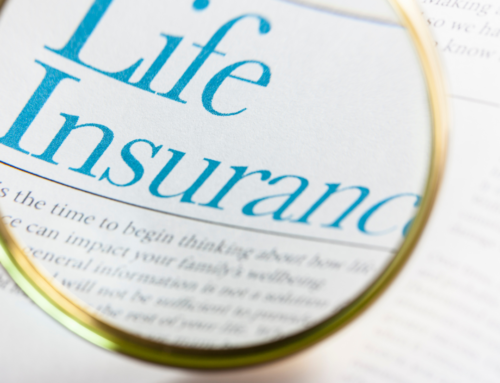One of the most important factors in real estate is mortgage insurance. That’s why it’s important to know how much mortgage insurance you need in a given situation. If you’re planning to buy a new home, you’ll want to learn how much mortgage insurance you need. Here’s the short version: if you purchase a home with less than 20% down and an interest rate of greater than 4.5%, you will need mortgage insurance. How much mortgage insurance you need will depend on how much you borrow, the interest rate you get, and how much you spend on repairs.
The process of finding a suitable home can involve various approaches, each with its own set of advantages and considerations, including the need for Private Mortgage Insurance (PMI). One traditional route is to work with a real estate agent or broker who can guide you through the home-buying process, provide access to listings, and assist with negotiations. These professionals typically charge a commission, but their expertise and market knowledge can be invaluable, especially for first-time homebuyers. Alternatively, you can explore online real estate platforms similar to https://peregrinecolorado.com/ that allow you to search for homes, and connect with sellers or their representatives directly. Regardless of the path you choose, understanding the implications of PMI is crucial when purchasing a home with a down payment of less than 20%.
Having said that, you should know a few things about PMI to know what is going on behind the scenes, before you sign any document.
What is PMI?
PMI, or private mortgage insurance, is money that you pay to your lender each month to protect your home loan in case of mortgage default. It is also a good idea to pay it off if you can since you will be paying more in interest if you don’t.
PMI or private mortgage insurance is a type of insurance that protects banks, mortgage companies, and other lenders from paying the first mortgage on a property if the borrower defaults. Essentially, the PMI is a kind of return of your investment into the mortgage that you’ve taken out. However, the PMI can change over time, requiring you to re-evaluate your situation to ensure the best interest rate possible.
First, some basics. Private mortgage insurance (PMI) is a type of added insurance that is tied to a mortgage and is required by the lender in some cases to protect the lender against losses if the borrower defaults. In other words, banks and mortgage lenders have to add this insurance because they don’t want to lose money if you can’t pay the mortgage or if you do pay, but the mortgage is still too high to handle. If a homeowner doesn’t pay PMI premiums, the lender is required to pay the policy on the homeowner’s behalf. PMI stands for Private Mortgage Insurance. It is a type of insurance that covers private mortgage debt, usually taken out by a borrower who is buying a home. When a homeowner takes out a mortgage, they are not borrowing directly from a bank. Instead, the homeowner borrows from a mortgage lender. The homeowner will then take out a mortgage insurance policy from the same lender in many cases. The insurance is typically taken out as a percentage of the original loan.
Essence of PMI
PMI (Private Mortgage Insurance) is a type of insurance policy you get when you get a mortgage. This coverage protects your lender in case you don’t qualify for a loan. The problem is PMI does not cover all lenders, and interest rates vary by lender. This means you could end up paying more for PMI than you would have if you only had an FHA loan.
Why do you need PMI?
With PMI or private mortgage insurance, you buy insurance on a loan that you otherwise could not afford. It covers the cost of the loan if your lender goes bankrupt. This is a smart idea: Lenders only want to lend to people who can pay the loan back. But, if you buy private mortgage insurance, the insurance will cover your loan in case the lender goes bankrupt.
PMI stands for Private Mortgage Insurance, a form of coverage that protects lenders against the risk of a borrower’s defaulting on the mortgage. You probably already know that you’re covered by FHA or VA insurance if you’re considering taking out a mortgage, but PMI is still a popular coverage option.
PMI stands for Private Mortgage Insurance. It is a type of insurance that covers private mortgage debt, usually taken out by a borrower buying a home. When a homeowner takes out a mortgage, they are not borrowing directly from a bank. Instead, the homeowner borrows from a mortgage lender. The homeowner will then take out a mortgage insurance policy from the same lender in many cases. The insurance is typically taken out as a percentage of the original loan.






Leave A Comment